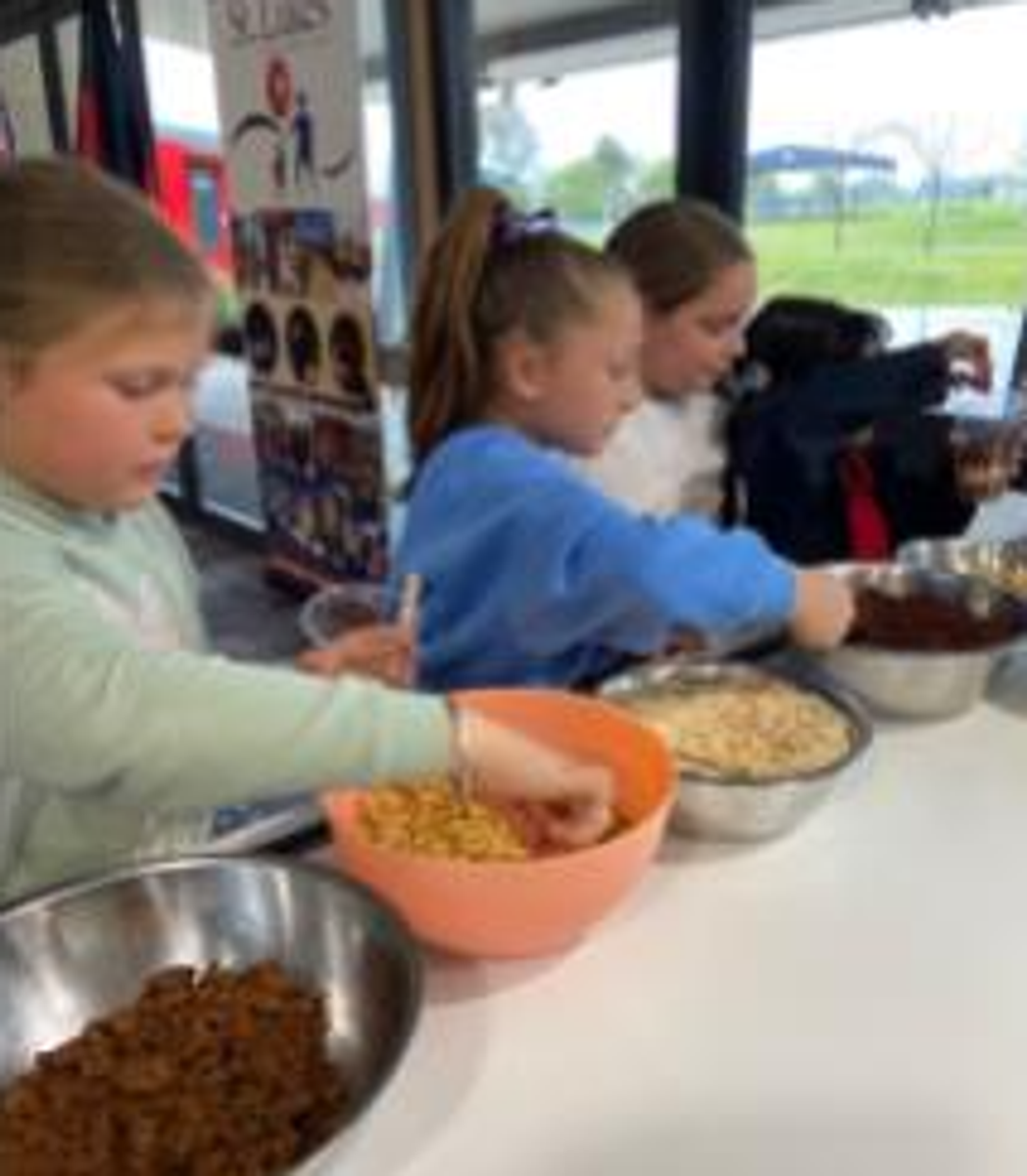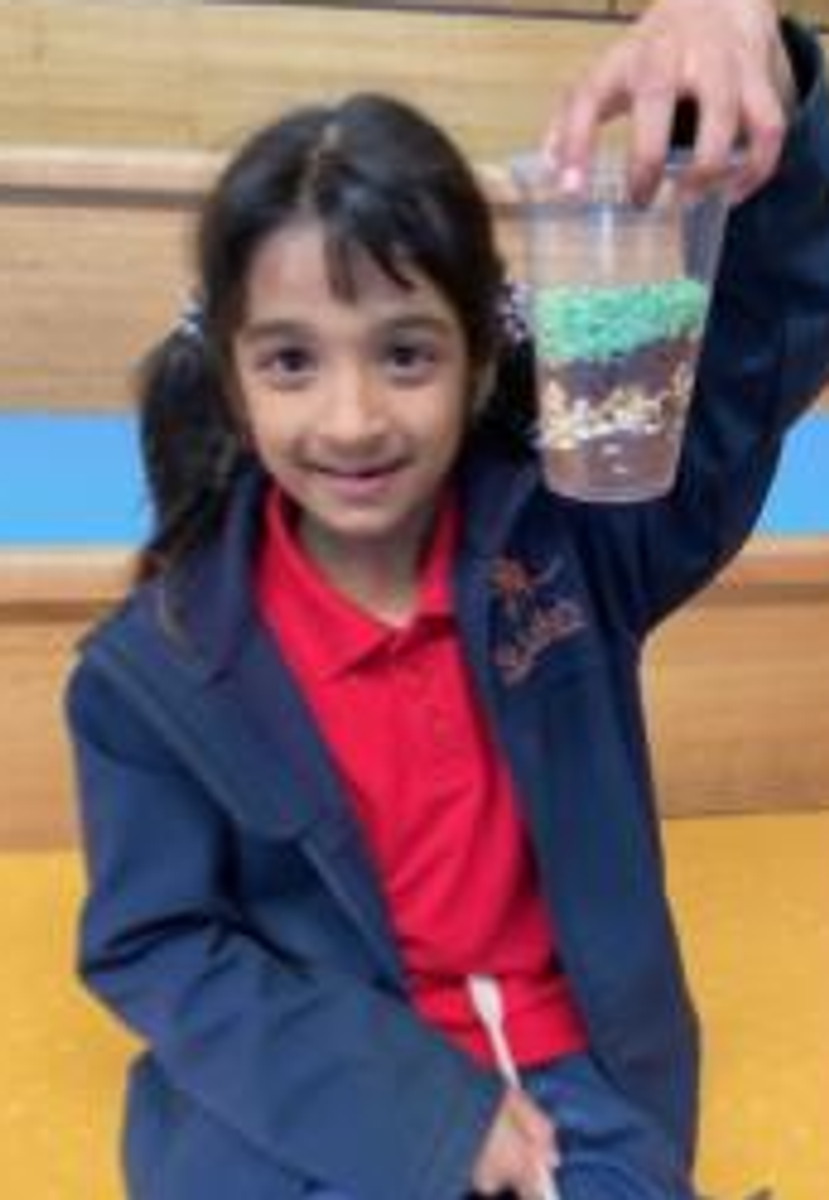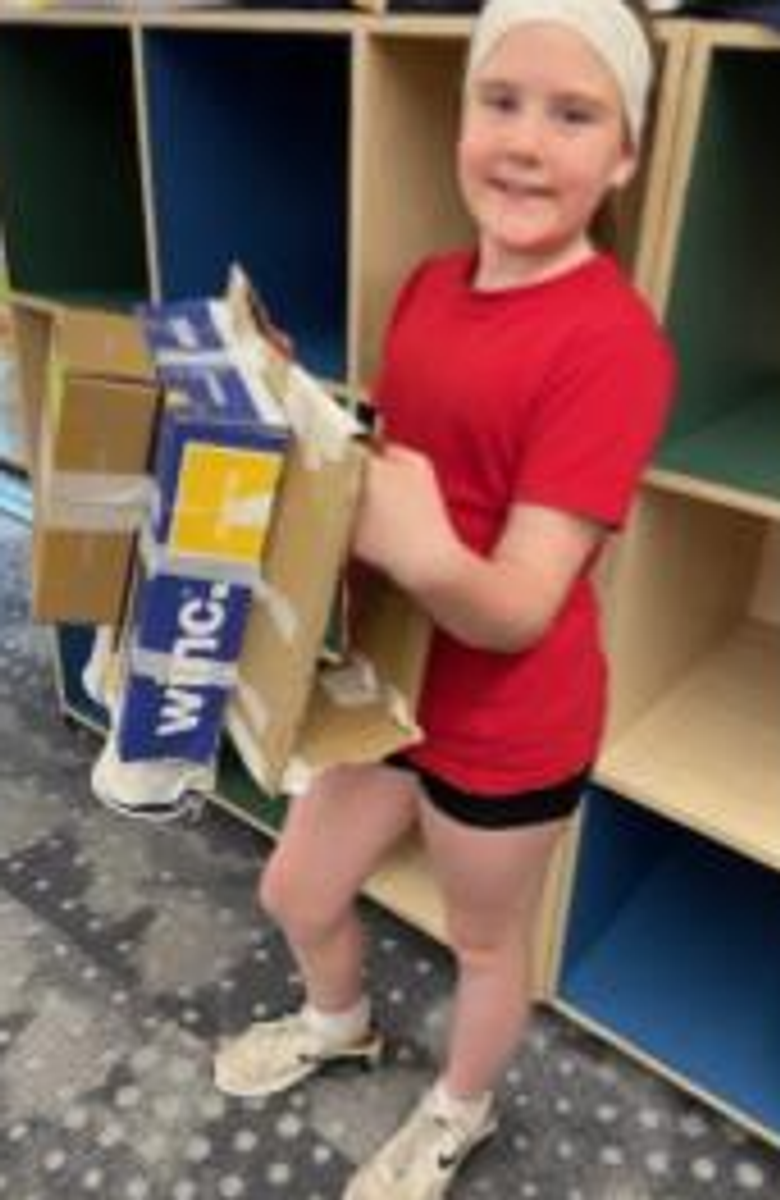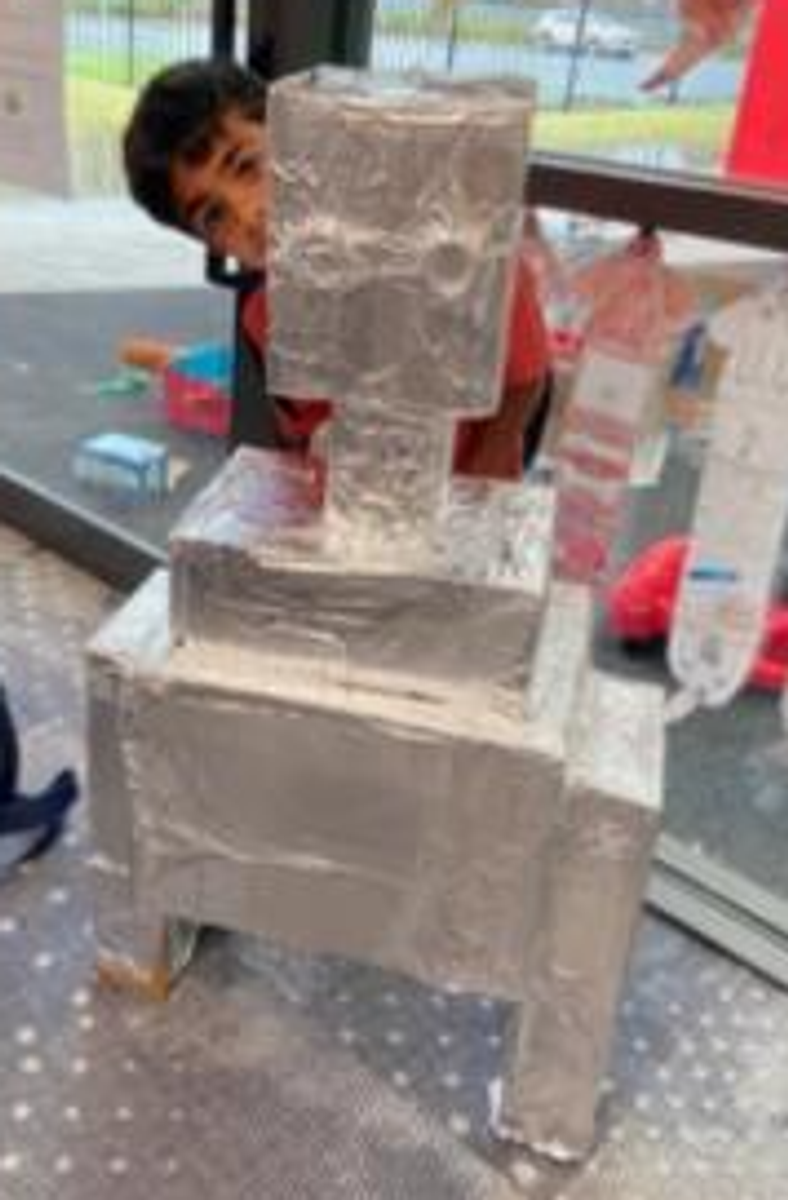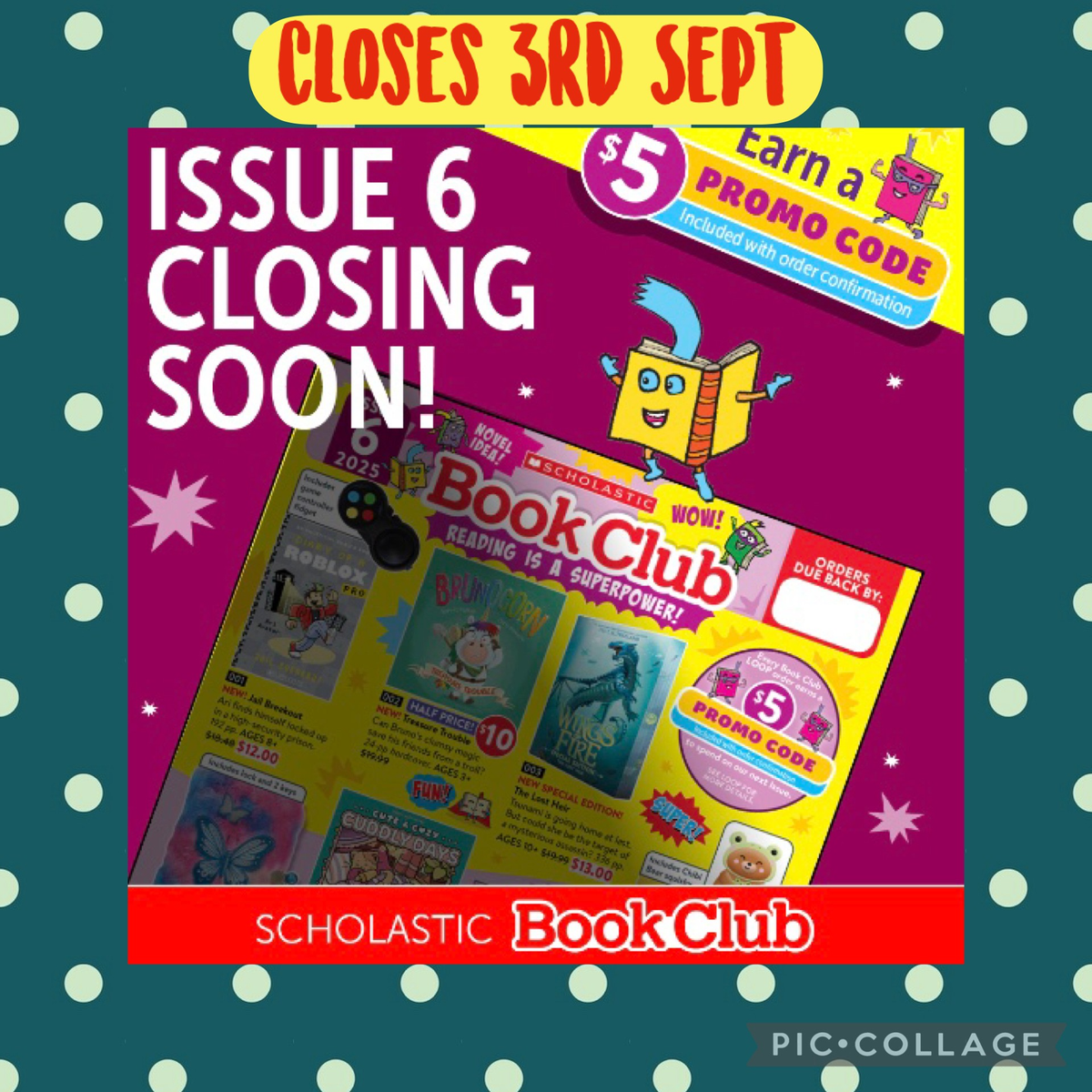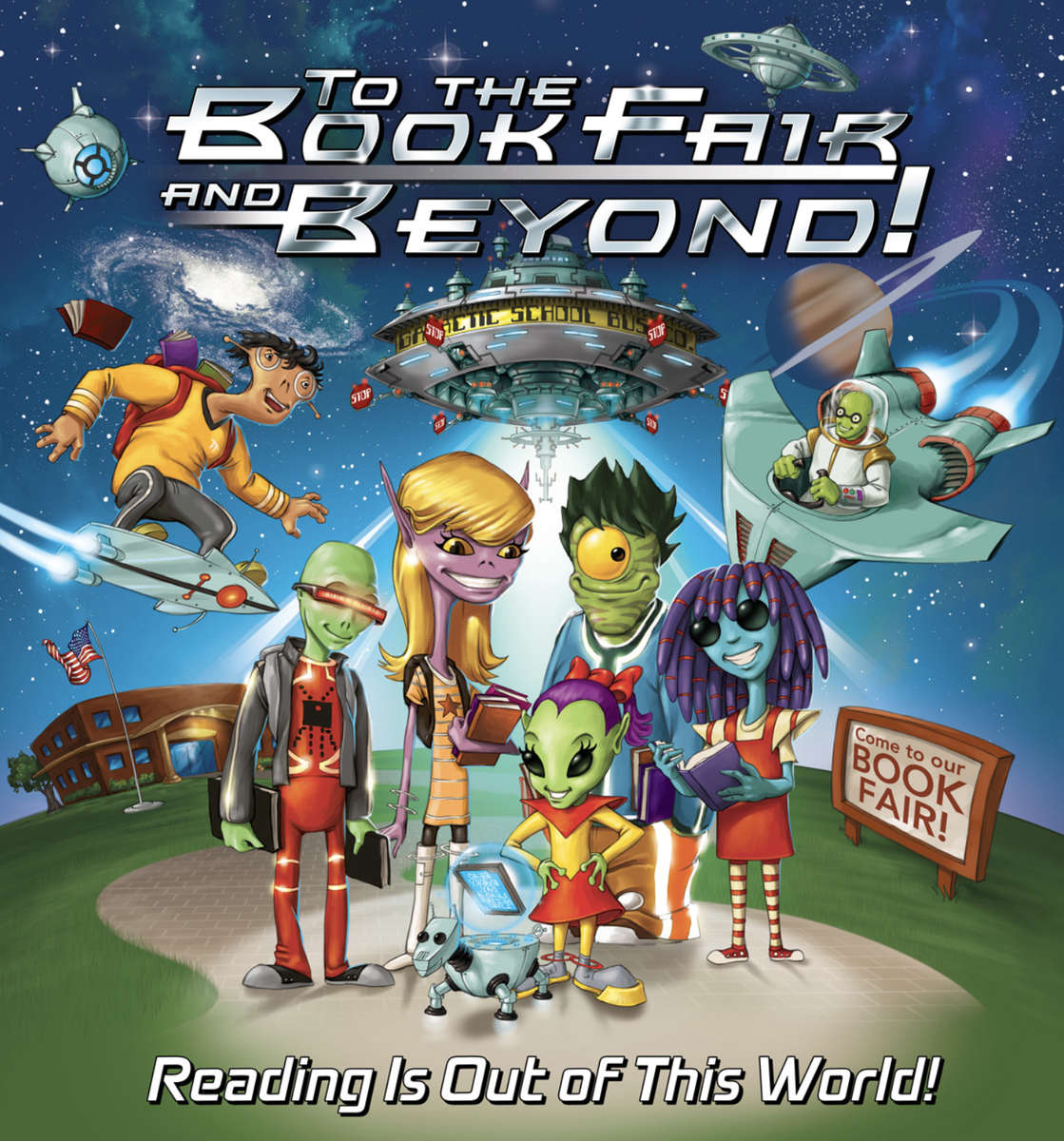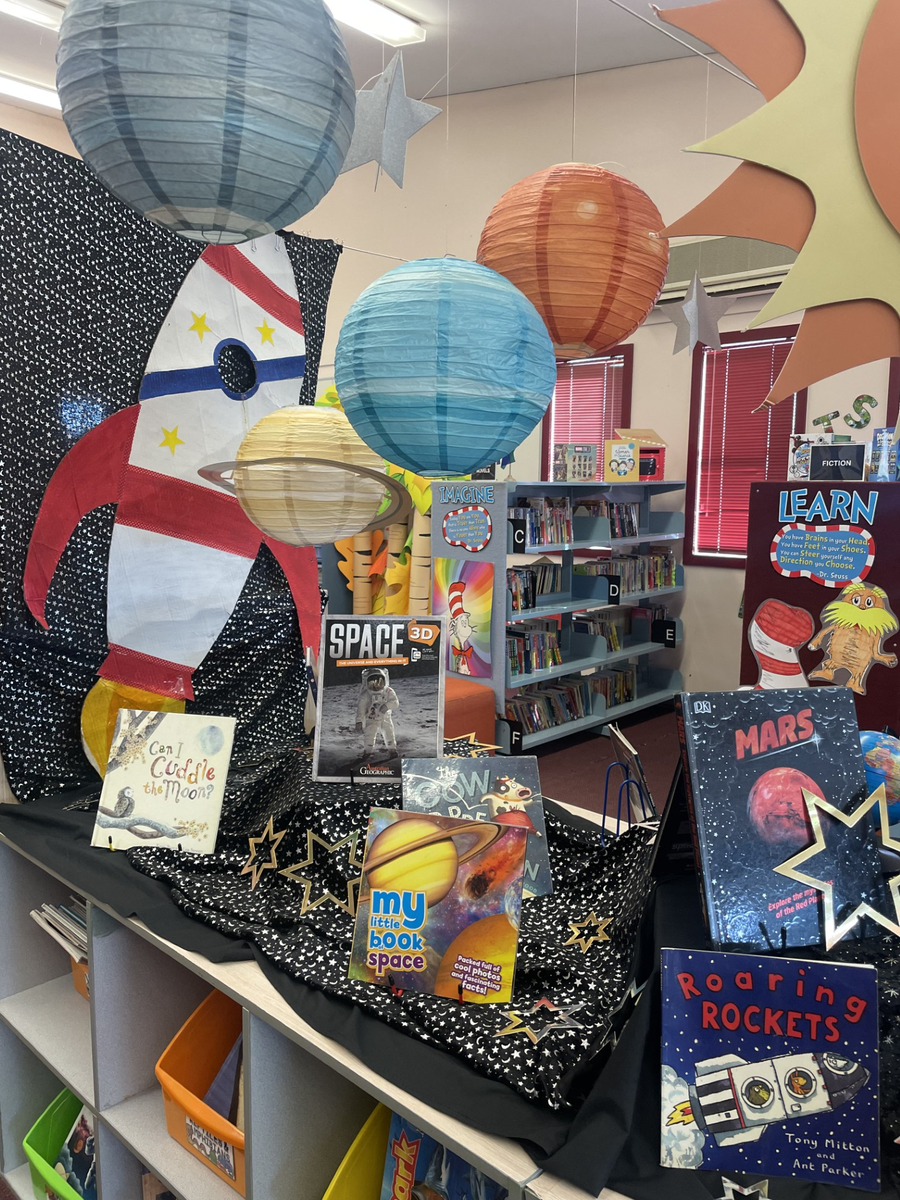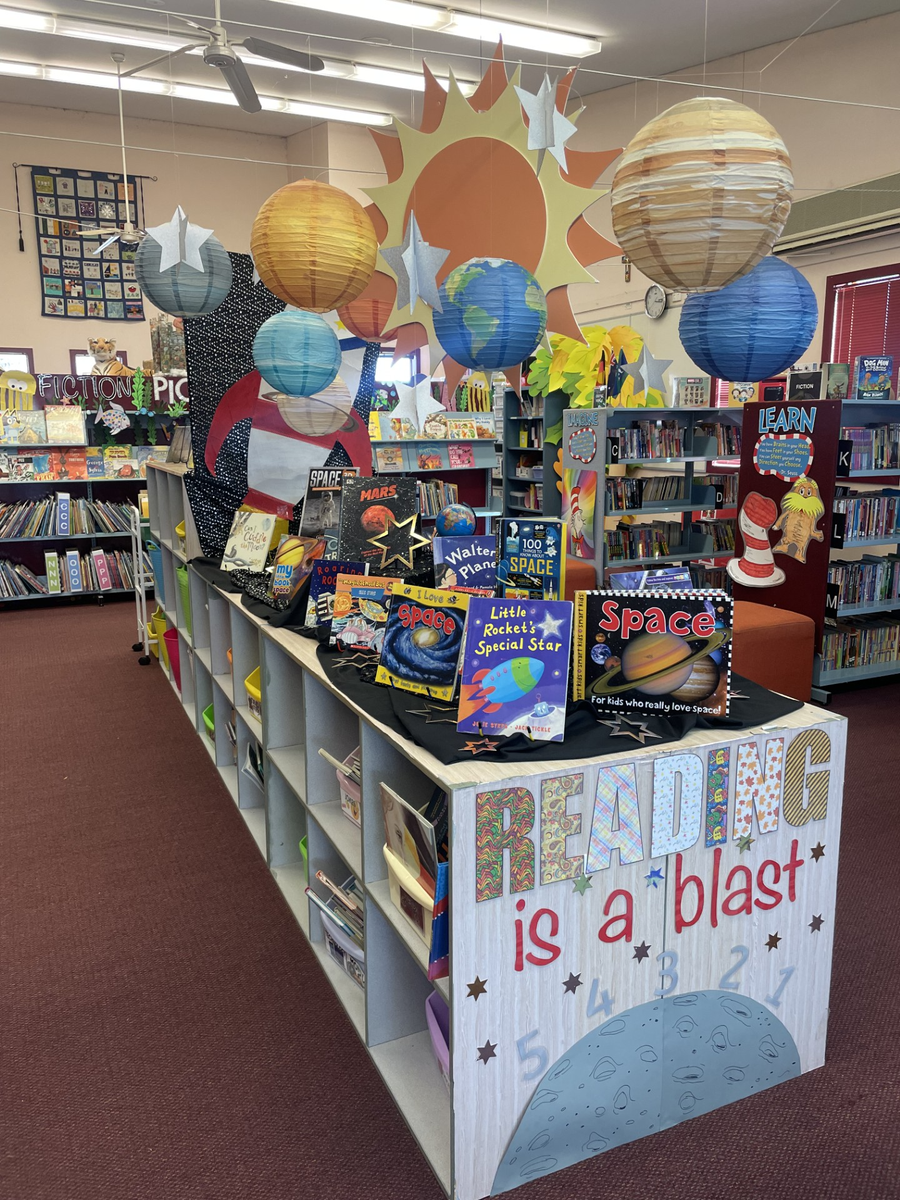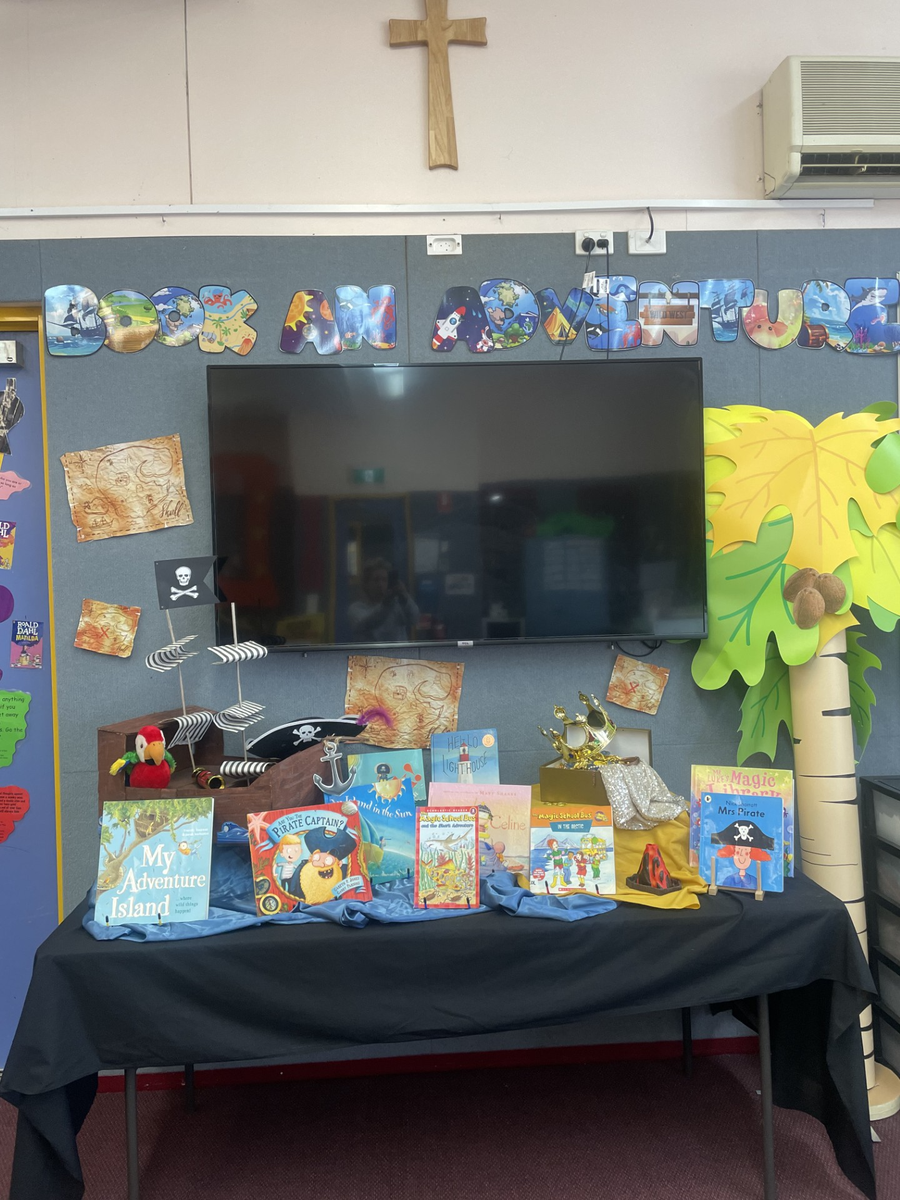Learning Enhancement
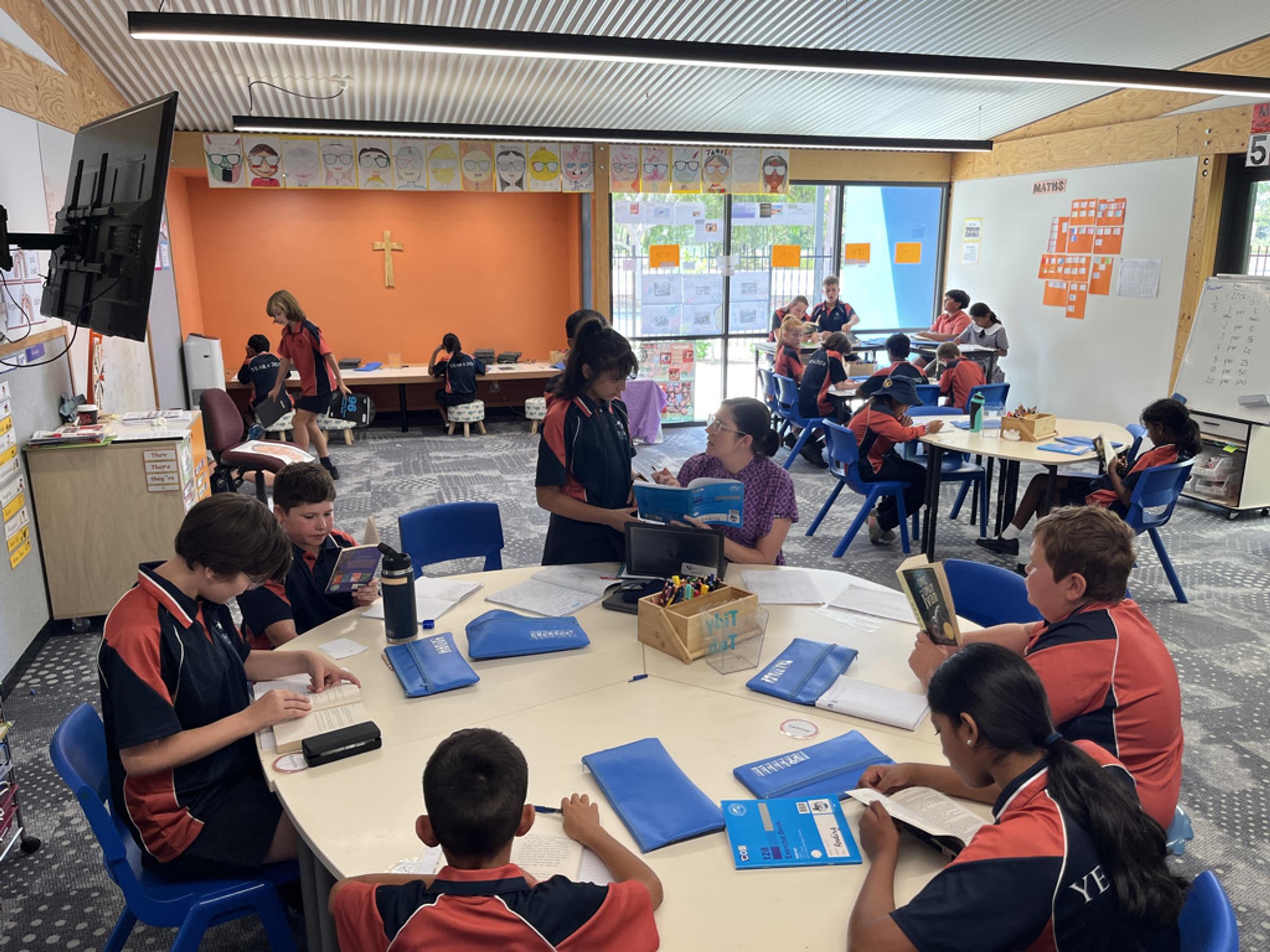
🧪 Why Science Matters in Primary School
I have written about Science in a previous newsletter, but during the term I have seen exciting things happening in classrooms and want to share that with you. At St. Luke’s, we believe science is more than just facts and experiments—it's a way for children to explore God’s work in the world around them.
Science is so important in the primary years:
- It sparks curiosity. Children are naturally inquisitive, and science encourages them to ask questions, investigate, and discover how things work.
- It builds essential skills. Through science, students learn to think critically, solve problems, and make decisions based on evidence—skills that are valuable in everyday life.
- It connects with other subjects. Science supports learning in maths, literacy, art, and even history and geography. It’s a great way to show how knowledge is interconnected.
- It prepares them for the future. Early exposure to science helps children develop an interest in STEM (Science, Technology, Engineering, and Maths), opening doors to more specific learning in Physics, Chemistry, Biology and Engineering, and in exciting careers and opportunities.
- It promotes environmental awareness. Learning about nature, climate, and sustainability helps children become responsible global citizens.
- It’s hands-on and fun! Science lessons often involve experiments and investigations, making learning active, engaging, and memorable.
We’re proud to nurture young scientists who are curious, capable, and ready to explore the world!
The Year 2s Science unit this term was “Take, Shape & Create” which focused on the properties of materials and what they can do. Paper, for example, can be folded to increase its strength. The unit culminated in the creation of three-dimensional sculptures, using two-dimensional materials. The students, and the teachers, were very proud of their efforts to make a range of items, including robots and jet packs!
The Year 3 students studied a unit called “Dig Deep” where they have learned about soil profiles. The highlight for them this week was to create a soil profile. Instead of using organic material to make their own soil profile example, they used food items. This was a creative alternative that allowed the students to build their soil profile from the bedrock, up to weathered rock, subsoil, topsoil and a ‘grass’ layer. They even managed to include some worms! It was a fun activity, and it allowed students to use their knowledge in a practical way. The discussions about the layers afterwards were a testament to the richness of learning throughout the unit.
We look forward to exploring more science next term.
Jen McKillop,
Jess Moodie & Eloise Liddell.
Library News
BOOK CLUB
REMINDER - Issue 6 orders close Wednesday 3rd September.
Issue 7 catalogues won’t be sent home next term due to the upcoming Book Fair, but families can still order online (delivery fee applies).
BOOK FAIR
The Scholastic Book Fair will run Monday 13th October to Friday 17th October next term. More details coming soon!
OVERDUE BOOKS
Please remind your child to return any overdue library books. Currently, we have a total of 90 books that are overdue, and some students are eager to borrow these titles. Your cooperation helps ensure everyone has access to the books they are excited to read.👏 A big WELL DONE to 1/2 Jondahl and Foundation Pigdon—they have 0 overdue books!
BOOK WEEK
The Book week displays drew lots of attention last week in the library and the variety of costumes—from classic characters to creative originals—was truly impressive. Thankyou everyone!

